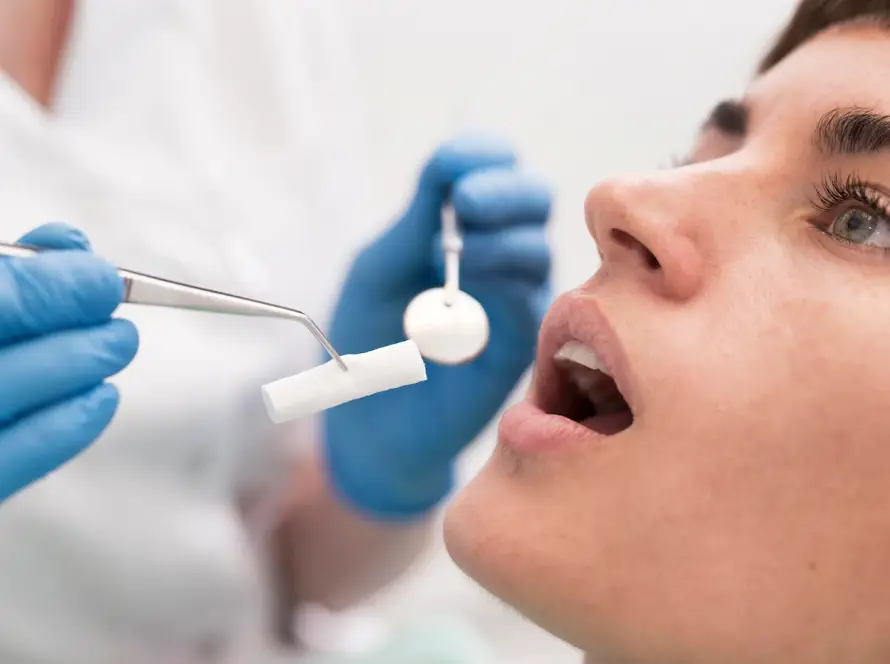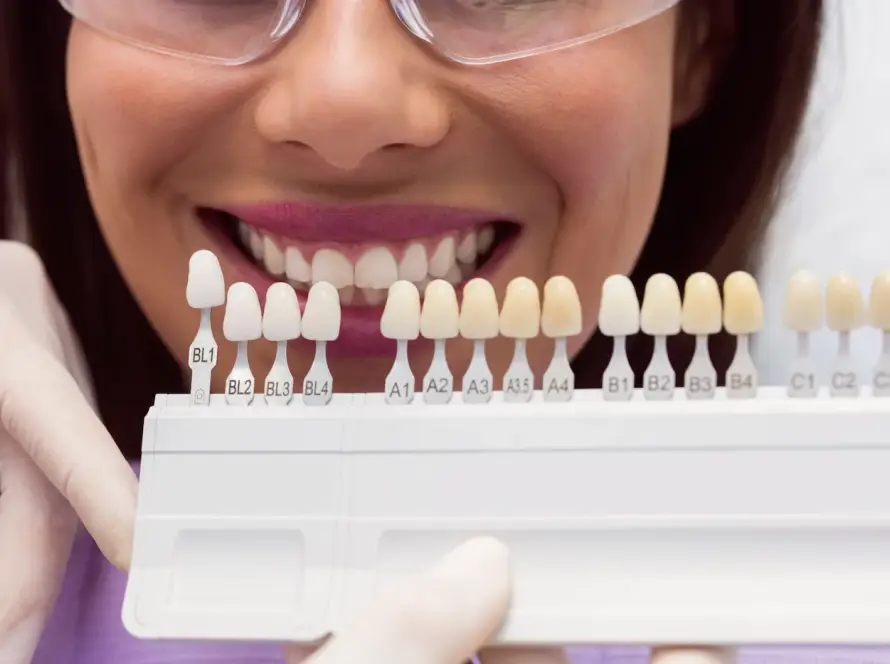Gum disorders, also known as periodontal diseases, can range from mild inflammation to severe infections that affect the tissues supporting your teeth.
Left untreated, these conditions can lead to tooth loss and impact your overall health. Fortunately, there are effective strategies for treating gum disorders.
In this article, we will explore various approaches to help you maintain healthy gums and seek treatment when needed.
1. Maintain Excellent Oral Hygiene:
Prevention is the best defense against gum disorders. Regular and thorough oral hygiene practices are essential.
Brush your teeth at least twice a day and floss daily to remove plaque, which is a primary cause of gum disease. Consider using an antiseptic mouthwash to reduce bacteria in your mouth.
2. Professional Dental Cleanings:
Regular visits to the dentist for professional cleanings are crucial for gum health.
Dental hygienists can remove plaque and tartar buildup that cannot be eliminated through regular brushing and flossing. These cleanings help prevent gum disease and catch early signs of gum disorders.
3. Scaling and Root Planing:
In cases of mild to moderate gum disease, a common treatment is scaling and root planing. During this procedure, the dentist or dental hygienist removes plaque and tartar from the tooth’s surface and root surfaces. This treatment helps the gums reattach to the teeth and prevents further infection.
4. Medications:
Dentists may prescribe medications to treat gum disorders. These can include antibiotics to control bacterial infection or antimicrobial mouthwashes to reduce plaque and inflammation.
Additionally, certain prescription-strength toothpaste or gels can help manage gum disease.
5. Flap Surgery and Grafts:
For advanced gum disease, surgical procedures may be necessary. Flap surgery involves lifting the gums to remove tartar deposits and then repositioning the gums. Gum grafts are used to replace lost gum tissue. These procedures can help restore gum health and prevent tooth loss.
6. Laser Therapy:
Some dentists use laser therapy to treat gum disorders. Laser technology can remove infected tissue and promote gum regeneration. It is often less invasive and more comfortable for the patient.
7. Lifestyle Changes:
Your lifestyle can significantly impact your gum health. Quitting smoking, managing stress, and maintaining a balanced diet rich in fruits and vegetables can support your body’s ability to fight gum disorders.
8. Regular Check-ups:
Consistent follow-up appointments with your dentist are crucial for monitoring your gum health. Dentists can assess the progress of your treatment and make necessary adjustments.
Conclusion:
Treating gum disorders is essential for maintaining a healthy mouth and overall well-being. By practicing excellent oral hygiene, seeking professional dental care, and following your dentist’s recommendations, you can effectively treat gum disorders and prevent their recurrence.
Remember that early detection and treatment are key to successful gum disease management, so don’t hesitate to consult with a dentist if you have concerns about your gum health.















